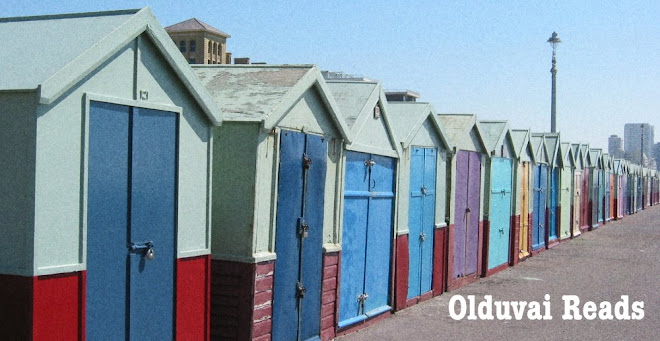My favourite passage in The Bookshop, of course, has to do with books:
"New books came in sets of eighteen, wrapped in thin brown paper. As she sorted them out, they fell into their own social hierarchy. The heavy luxurious country-house books, the books about Suffolk churches, the memoirs of statesmen in several volumes, took the place that was theirs by right of birth in the front window. Others, indispensable, but not aristocratic, would occupy the middle shelves. That was the place for the Books of the Car - from Austin to Wolseley - technical
works on pebble-polishing, sailing, pony clubs, wild flowers and birds, local maps and guide books. Among these the popular war reminiscences, in jackets of khaki and blood-red, faced each other as with bristling hostility. Back in the shadows went the Stickers, largely philosophy and poetry, which she had little hope of ever seeing the last of. The Stayeds - dictionaries, reference books and so forth - would go straight to the back, with the Bibles and reward books which, it was hoped, Mrs Traill of the Primary would present to successful pupils. Last of all came the crates of Muller's shabby remainders. A few were even second-hand. Alhough she had been trained never to look inside the books while at work, she opened one or two of then - old Everyman editions in faded olive boards stamped with gold. There was the elaborate endpaper which she had puzzled over when she was a little girl. A good book is the precious life-blood of a master spirit, embalmed and treasured up on purpose to a life beyond life. After some hesitation, she put it between Religion and Home Medicine."
I was looking to read a rather English novel, and The Bookshop quite fulfilled that need. It's a short book, just 123 pages in the edition I picked up from the library. But within those few pages, there is witty, emotive writing, there is courage and odd but moving friendships, and both the charm and nuisance of small-town life.



No comments:
Post a Comment